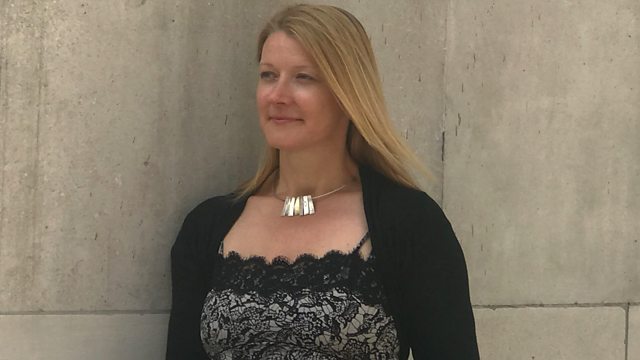Sheena Cruickshank on the wonders of the human immune system
At least 38 trillion bacteria live in us and on us but it's dangerous to think good health means swapping samples. Sheena Cruickshank warns against DIY faecal transplants.
Traditional descriptions of the human immune system bristle with military analogies. There are "lines of defence" against "enemy invaders"; "border guards" at "strategic points. And when barriers are breached, there's "a call to arms". That's before you mention Natural Killer Cells.
But Professor of Immunology and Public Engagement at the University of Manchester, Sheena Cruickshank, tells Jim that as well as the war-like descriptions, our immune system is now being understood in terms of its capacity for diplomacy too. Jaw-jaw as well as War-war.
Our immune system has to know when to tolerate the trillions of microbes that live on us and in us, to hold fire but also to know when full-scale immune activation is required.
Central to Sheena's research is what's behind the switch from "watch and wait" to "attack mode" at key barrier sites in our bodies.
Her aim is to find tools that will help diagnose and manage chronic inflammatory diseases and beyond that, to identify ways to strengthen peoples' own immunity and ultimately make them better.
But she's always wanted science to have a strong presence outside of the laboratory and she believes strongly that researchers have a duty to reach out beyond their institution to the community about their work. If they do that, she tells Jim, everybody benefits and the science too, will be enriched.
Producer: Fiona Hill.
Last on
More episodes
Broadcasts
- Tue 5 Jun 2018 09:00���˿��� Radio 4
- Tue 5 Jun 2018 21:30���˿��� Radio 4
Sleep – the mystery state
Is your mind a machine?
Daniel Dennett thinks so. Here is what we learned from his Life Scientific.
Podcast
-
![]()
The Life Scientific
Professor Jim Al-Khalili talks to leading scientists about their life and work.



